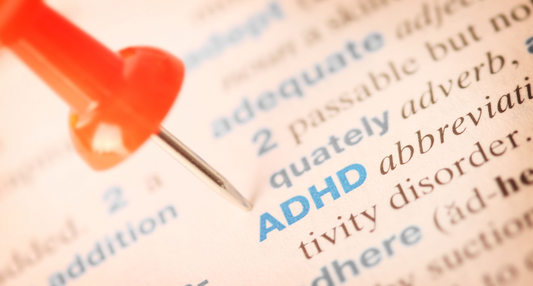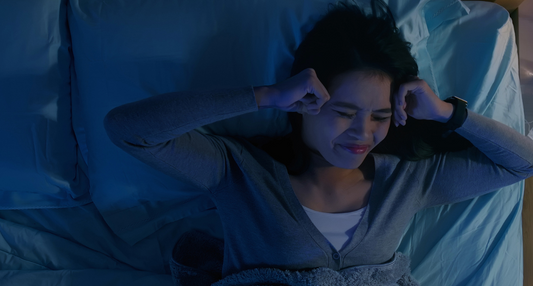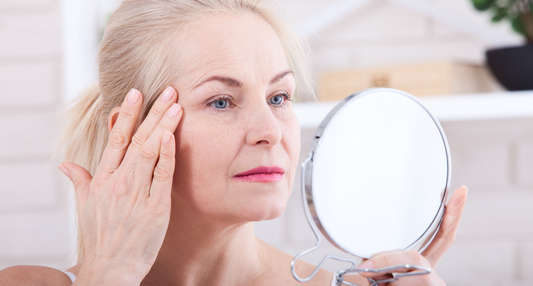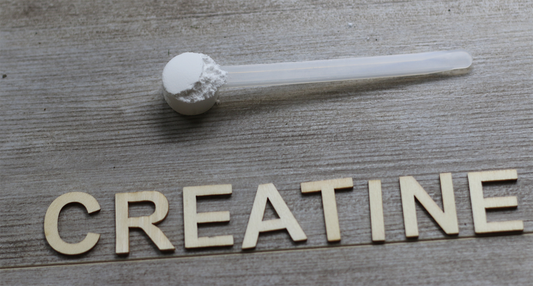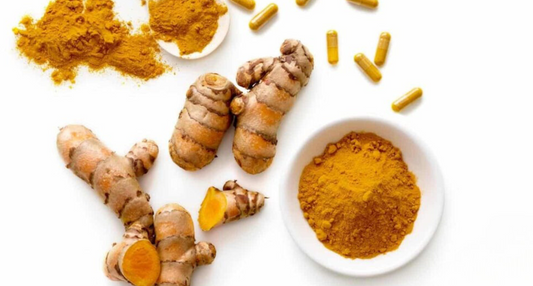What Women Should Know About Testosterone
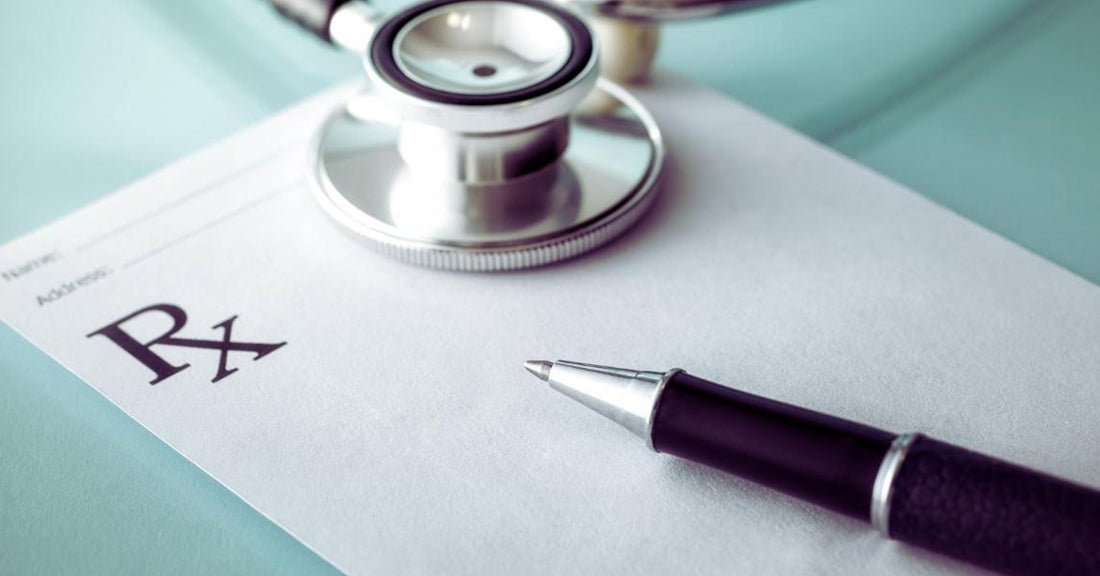
Share
What Is Testosterone?
Testosterone is a vital hormone that all humans have at varying levels. As women, we often do not think about testosterone or consider that it is necessary and just as important as estrogen for health and vitality. Testosterone is produced in our bodies along with estrogen and progesterone. It is the most well known androgen, or group of hormones, which includes dehydroepiandrosterone sulfate (DHEA-S), dehydroepiandrosterone (DHEA), androstenedione, and dihydrotestosterone, that serve as precursors to the development of estrogen. Androgens are also responsible for the functioning of many other vital systems including our cardiovascular, muscular, skeletal and reproductive systems.
Our hormones are intricate, complex, and beautiful chemical substances serving as messengers in our bodies. Testosterone, estrogen and progesterone travel in our blood stream, along with amino acids (building blocks of protein) or steroids (derived from cholesterol), and are produced by ovaries and endocrine glands (adrenal, pituitary, hypothalamus). Together they are working to assist in the development of reproductive organs, regulate our menstrual cycles, ovulation, affect our mood and emotional health, and in the case of testosterone – our sex drive aka libido. 1
Why Does Testosterone Matter?
As we age, testosterone (like our other hormones) decreases. Our ovaries are producing lower levels and many middle-aged women have “low” testosterone levels. The question I get asked in my practice is: Should midlife women with low libido and related symptoms be treated with testosterone?
About the time we enter perimenopause and menopause, we experience lower testosterone levels which can definitely affect our intimate relationships. About 40% of US women report having a sexual problem, with 12% of those women reporting a problem that is also causing them personal anguish. While sexual dysfunction generally worsens as people age, severe sexual dysfunction peaks in midlife women (aged 45–64 years) and is at its lowest in women 65 and older. The most prevalent sexual issue for women is hypoactive sexual desire disorder (HSDD), which is characterized by low desire and accompanying distress.2
What Can Be Done?
Although no testosterone product is currently approved for the treatment of HSDD in women in the United States, it is commonly prescribed off-label, often as a compounded topical cream or as a reduced dose of a testosterone gel (1%) FDA approved for men (eg, AndroGel, Testim). Topical testosterone also may be applied to the vulva or vagina, but absorption in this area is erratic, and local irritation common. Clinical trials have not evaluated the safety or efficacy of compounded testosterone for any indication, including improvement of female sexual function.
Only the treatment of HSDD in properly chosen postmenopausal women with no other possible causes of the sexual dysfunction is now supported by clinical trial evidence for testosterone therapy. To maximize treatment, a thorough assessment of physiological, psychological, lifestyle, and relational factors is needed.
Before considering androgen therapy, it is best to evaluate any related health concerns, including a thorough sexual history and physical examination. It is recommended you look into safe and effective strategies that include a whole body and lifestyle approach to address intimacy needs, desires, communication and relational work in the relationship. These modalities of support and treatment might include relationship counseling, stress management, sex therapy, and treatment for vulvovaginal atrophy, and/or other menopausal symptoms including hot flashes.3, 4
Urologist and educator, Dr. Kelly Casperson, has made it her mission to educate and empower women about the difficult and often misunderstood subject of female sexusal function with her best selling book, You Are Not Broken – – Stop “Should-ing” All Over Your Sex Life and international podcast “You Are Not Broken”. She is revolutionizing women’s sexual health and is committed to empowering women to live their best love lives. For more information visit her website at www.kellycaspersonmd.com.
Key Testosterone Takeaway!
Aging does not mean suffering in silence. Your body is changing and while these are normal changes, you can be better armed with information and so that you have the confidence to talk with your healthcare provider and/or your partner, and identify the best course of action. Do not be afraid to ask for support, and seek the treatments that suit you and your needs.
Lastly, according to the International Society for the Study of Women Sexual Health Clinical Practice Guidelines there are some key takeaways about testosterone:
- It is an essential hormone for development and maintenance of female sexual anatomy and physiology and modulation of sexual behavior.
- It has many physiological actions in women, directly through its cell-specific receptor, by non–receptor-mediated actions, and by conversion to 5α-DHT and estrogens.
- Additionally, There is no testosterone level for diagnosis of HSDD or for use as a treatment target.
- Total testosterone concentration is the best practical assay.
- Total testosterone and SHBG should be measured before initiating therapy.
- Proper dosing should attain and maintain total testosterone levels in the premenopausal physiological range.
- If an approved female formulation is not available, one-tenth of a standard male dose of 1% transdermal testosterone or about 300 mcg/day can usually achieve the normal premenopausal physiological range.
- Pellets, IM injections, and oral formulations are not recommended.
- Lastly, Additional testing and alternative strategies may be required to assess failure to respond to typical testosterone treatment, particularly when testosterone or SHBG levels are high.5
References:
- Davis, S. R., & Wahlin-Jacobsen, S. (2015). Testosterone in women–the clinical significance. The lancet. Diabetes & endocrinology, 3(12), 980–992. https://doi.org/10.1016/S2213-8587(15)00284-3
- Huang, G., Basaria, S., Travison, T. G., Ho, M. H., Davda, M., Mazer, N. A., Miciek, R., Knapp, P. E., Zhang, A., Collins, L., Ursino, M., Appleman, E., Dzekov, C., Stroh, H., Ouellette, M., Rundell, T., Baby, M., Bhatia, N. N., Khorram, O., Friedman, T., … Bhasin, S. (2014). Testosterone dose-response relationships in hysterectomized women with or without oophorectomy: effects on sexual function, body composition, muscle performance and physical function in a randomized trial. Menopause (New York, N.Y.), 21(6), 612–623. https://doi.org/10.1097/GME.0000000000000093
- Tobah, Y.B. (2021). Does testosterone therapy help increase sex drive in women? What are the pros and cons? Mayo Clinic. Retrieved: https://www.mayoclinic.org/diseases-conditions/menopause/expert-answers/testosterone-therapy/faq-20057935
- Abernethy, K. (2022). Testosterone for women. WOMEN’S HEALTH CONCERN FACT SHEET in Women’s Health Concern. British Menopause Society. Retrieved: https://www.womens-health-concern.org/wp-content/uploads/2022/02/22-WHC-FACTSHEET-Testosterone-for-women-24FEB2022.pdf
- Parish, Sharon J et al. “International Society for the Study of Women’s Sexual Health Clinical Practice Guideline for the Use of Systemic Testosterone for Hypoactive Sexual Desire Disorder in Women.” Climacteric : the journal of the International Menopause Society vol. 24,6 (2021): 533-550. doi:10.1080/13697137.2021.189177
- Shifren JL, Monz BU, Russo PA, Segreti A, Johannes CB. Sexual problems and distress in United States women: prevalence and correlates. Obstet Gynecol 2008;112:970-978.
- Wierman ME, Arlt W, Basson R, et al. Androgen therapy in women: a reappraisal: an Endocrine Society clinical practice guideline. J Clin Endocrinol Metab 2014;99: 3489-3510.
- Sherwin BB, Gelfand MM. The role of androgen in the maintenance of sexual function in oophorectomized women. Psychosom Med 1987;49:397-409.
- Shifren JL, Braunstein GD, Simon JA, et al. Transdermal testosterone treatment in women with impaired sexual function after oophorectomy. N Engl J Med 2000;343: 682-688.
- Braunstein GD, Sundwall DA, Katz M, et al. Safety and efficacy of a testosterone patch for the treatment of hypoactive sexual desire disorder in surgically menopausal women: a randomized, placebo-controlled trial. Arch Intern Med 2005;165:1582-1589.
- Simon J, Braunstein G, Nachtigall L, et al. Testosterone patch increases sexual activity and desire in surgically menopausal women with hypoactive sexual desire disorder. J Clin Endocrinol Metab 2005;90:5226-5233.
- Shifren JL, Davis SR, Moreau M, et al. Testosterone patch for the treatment of hypoactive sexual desire disorder in naturally menopausal women: results from the INTIMATE NM1 Study. Menopause 2006;13:770-779. Erratum in: Menopause 2007;14:157.
- Davis SR, Moreau M, Kroll R, et al; APHRODITE Study Team. Testosterone for low libido in postmenopausal women not taking estrogen. N Engl J Med 2008;359: 2005-2017.
- Snabes MC, Zborowski J, Simes S. Libigel (testosterone gel) does not differentiate from placebo therapy in the treatment of hypoactive sexual desire in postmenopausal women [abstract]. J Sex Med 2012;9(suppl 3):171. Abstract 27.




